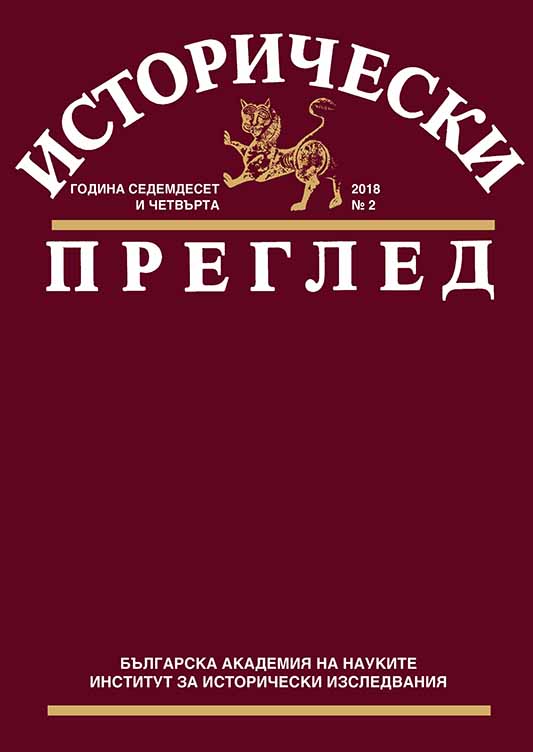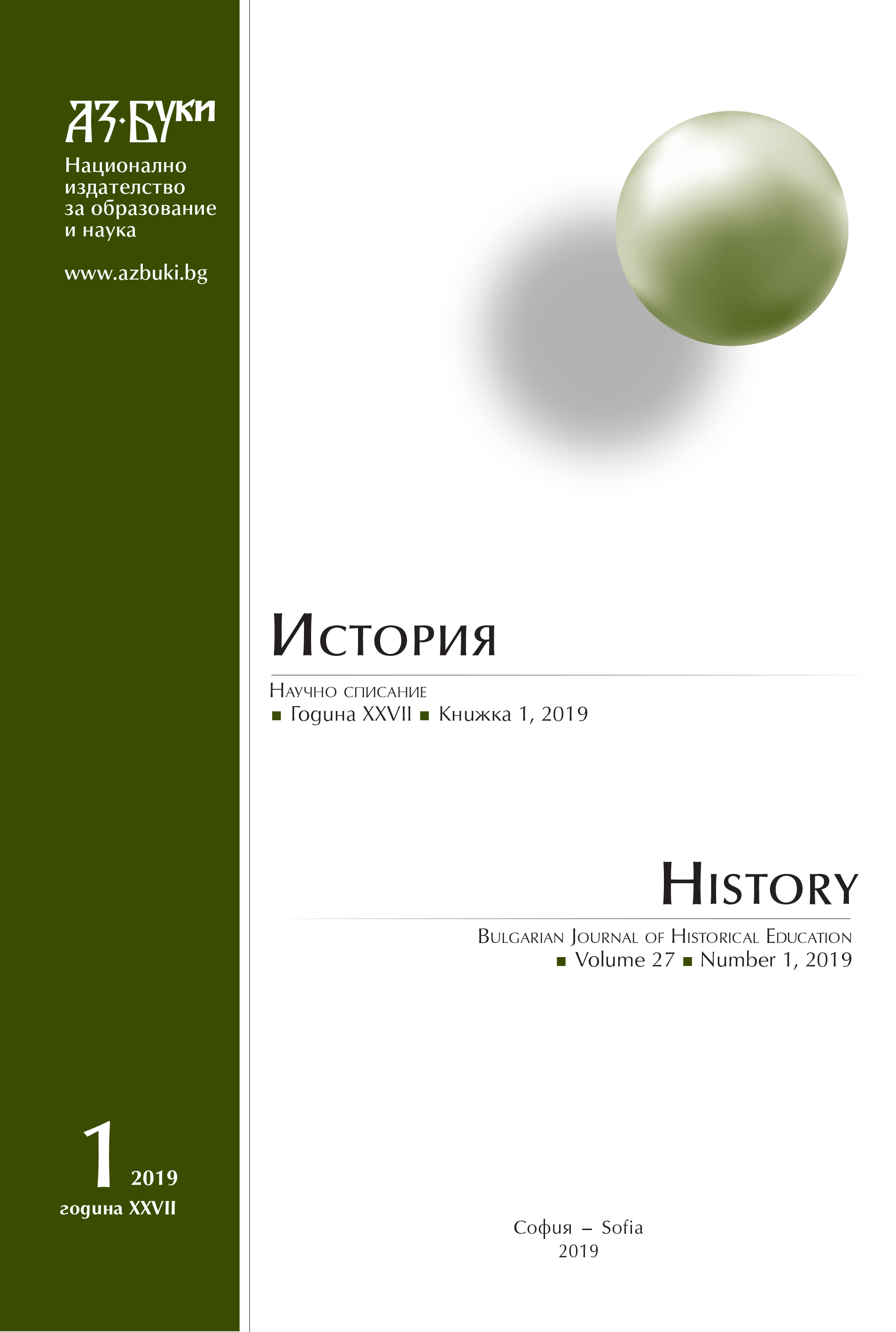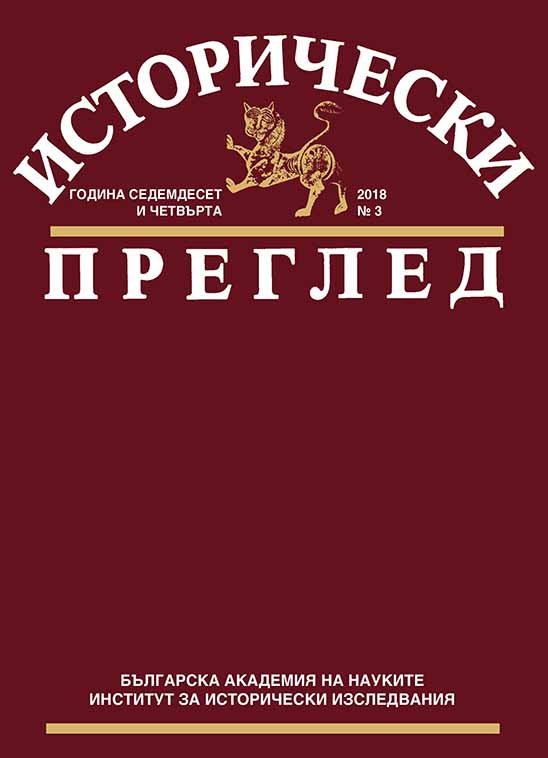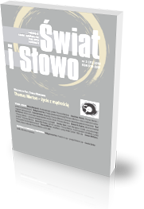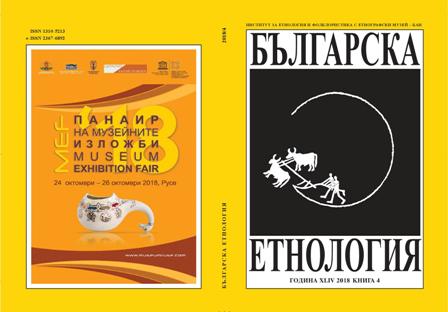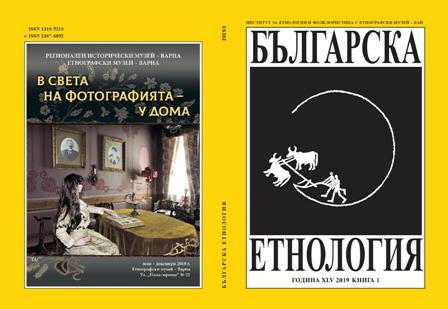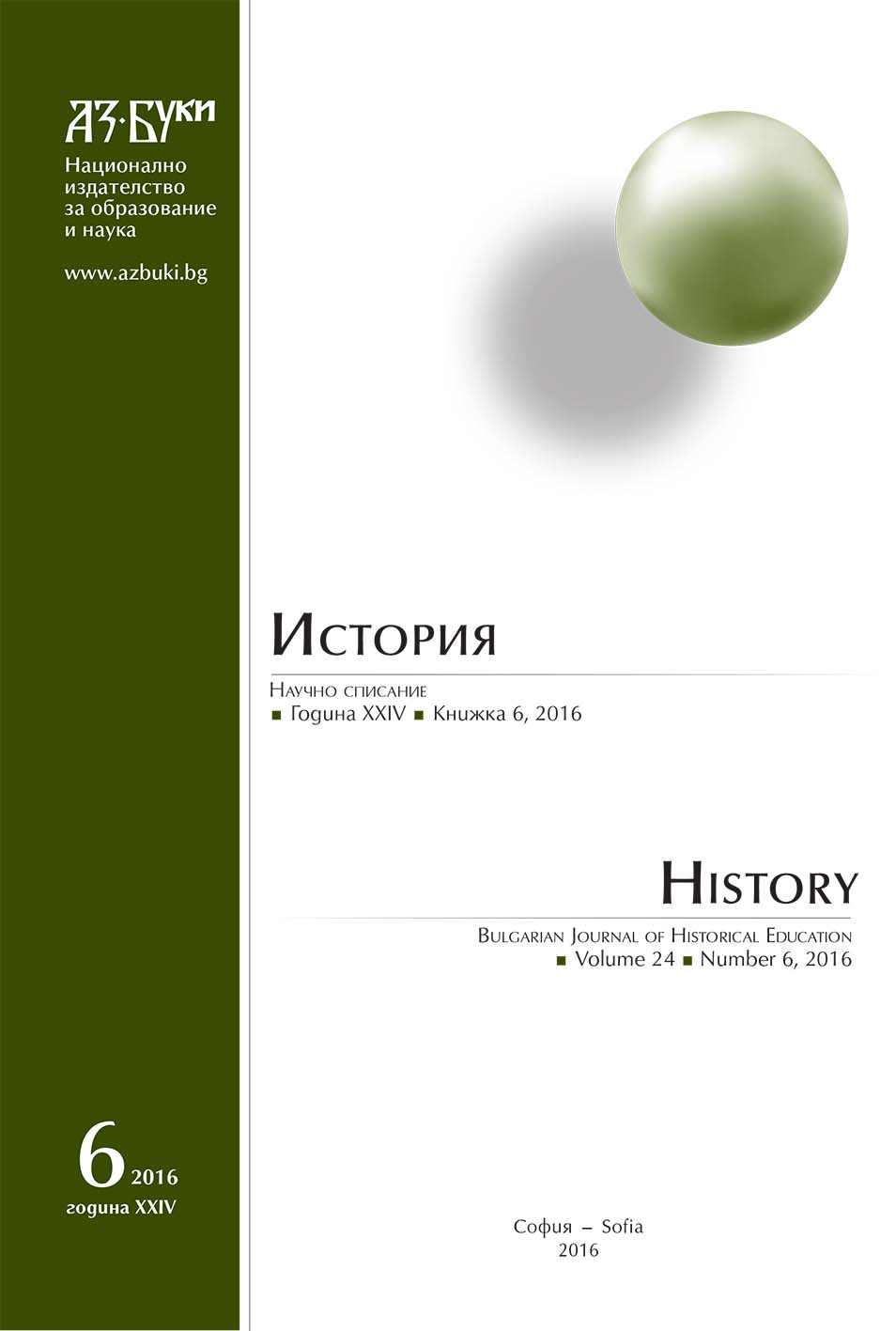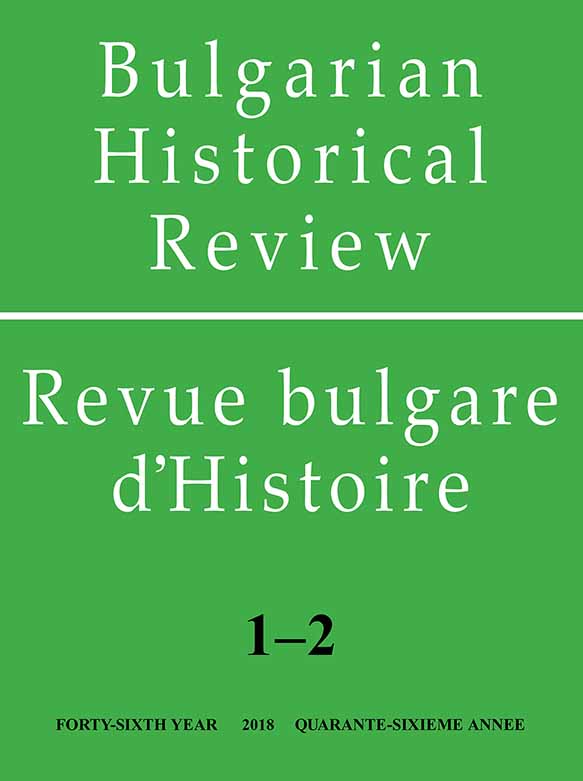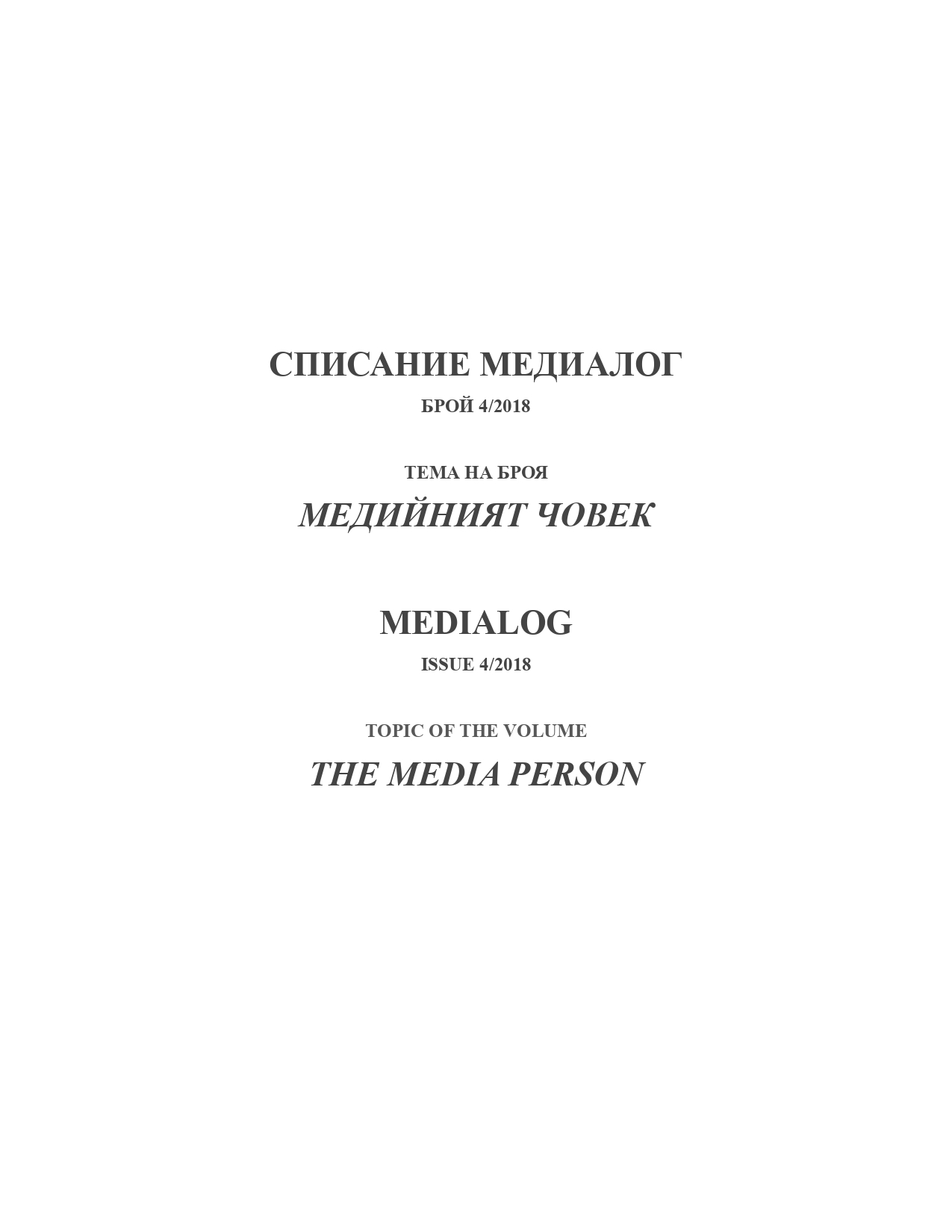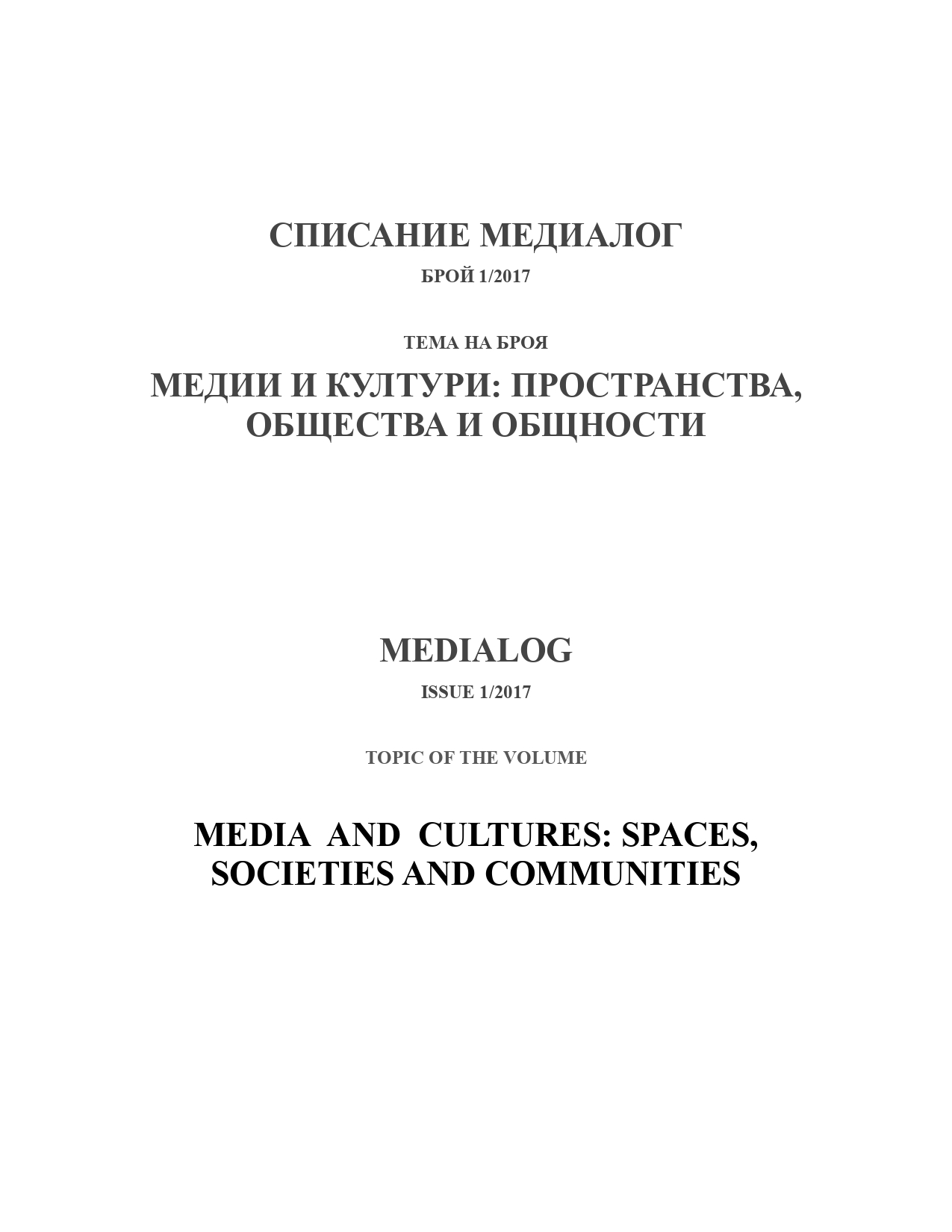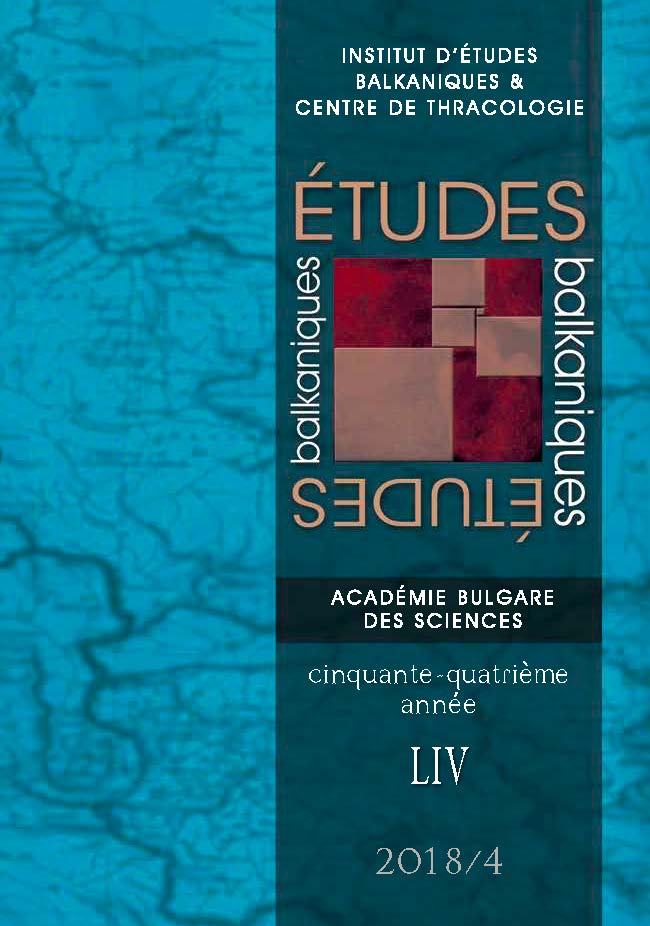
EDUCATIONAL AND CULTURAL POLICIES IN POST-COMMUNIST ROMANIA AND THE MINORITIES
The collapse of communism in Romania in 1989 has left its imprint also on the minority policies. The article tries to outline the factors that influenced the minority policies of the Romanian governments and their development over the past quarter of a century, while laying a major focus on education and the use of the mother tongue. The Romanian legislation in these fields in the post-communist period gives good grounds to conclude that there has been a considerable progress towards the extension of minority rights. A major role for that has played the need to harmonize the Romanian legislation with the European rules and directives. A significant factor for the change was also the active policy of the UDMR, which firmly defended the rights of the Hungarian minority. At the same time, it should be noted that while making numerous concessions, the Romanian government had made it clear that these concessions could only be made within certain limits.
More...
